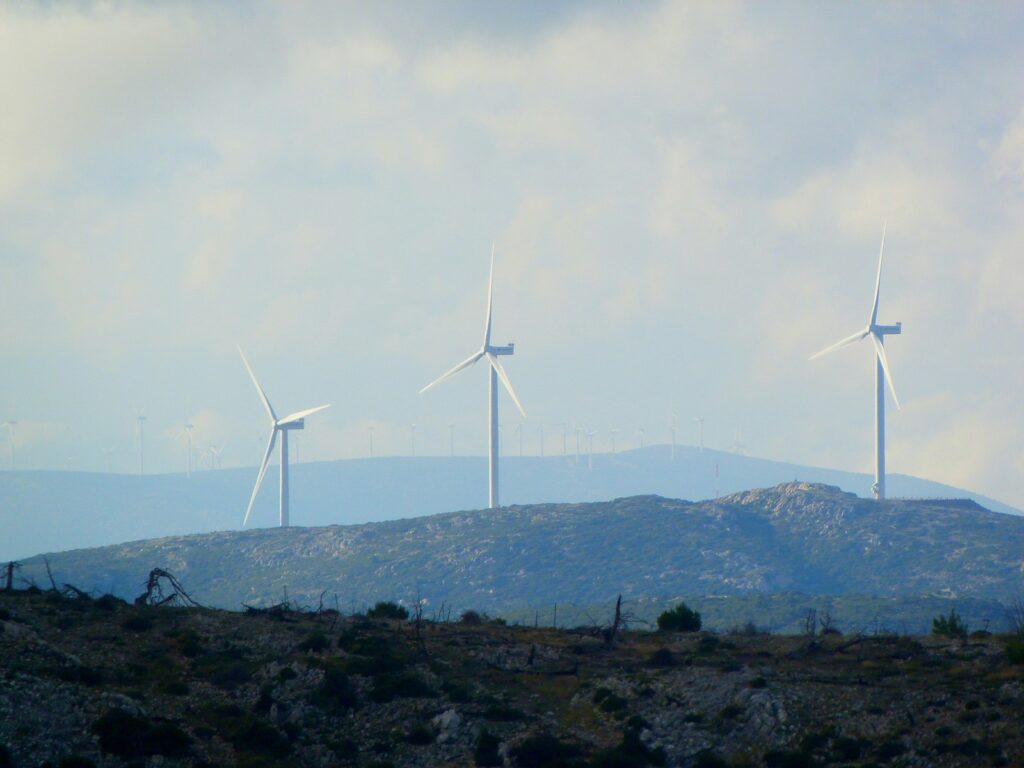Blog
Promoting a Green Economy through Green Tax Incentives

In 2016, the Philippines took a significant step towards sustainable development with the passage of Republic Act No. 10771 or the Philippine Green Jobs Act. This groundbreaking legislation promotes the creation of green jobs by providing tax incentives to businesses which contribute to environmental sustainability in economic development.
The Philippine Green Jobs Act affirms labor as a primary social economic force in promoting sustainable development while promoting the rights of the people to a balanced and healthful ecology1 through skills development, training programs, and certification of workers for industries related to sustainable development.
Complementing this act, the Bureau of Internal Revenue (BIR) also introduced Revenue Regulation (RR) 05-2019 providing green tax incentives to further encourage businesses to adopt eco-friendly practices. Moreover, the Bureau of Customs (BOC) is also mandated to exempt the importation of capital equipment used in the promotion of green jobs from payment of duties and taxes.
Tax and Duty Incentives
- Special Deduction: Eligible businesses can avail a special deduction from their taxable income equivalent to fifty percent (50%) of the total expense for skills training and research development directly connected to activities that generate or sustain green jobs.
- Tax and Duty-Free Importation: These enterprises are also entitled to tax and duty-free importation of capital equipment, as long as the equipment is used directly and exclusively in the promotion of green jobs.
The applicability of the green incentives provided by the Philippine Green Jobs Act extends across various sectors of the economy, encompassing businesses engaged in renewable energy generation, waste management, sustainable agriculture, eco-tourism, and green manufacturing processes, among others.
Whether it’s a small-scale eco-friendly startup or a large corporation transitioning towards greener practices, the incentives are designed to cater to a broad spectrum of businesses committed to environmental sustainability. This inclusivity ensures that enterprises of all sizes and across different industries could contribute to the country’s green agenda while reaping the benefits of tax incentives and other financial rewards.

Furthermore, the flexibility of the incentive scheme encourages innovation and creativity, empowering businesses to explore new avenues for environmental stewardship and economic growth.
Availing the green incentives provided by the BIR involves a straightforward process designed to facilitate businesses in transitioning towards eco-friendly practices. Here’s a brief overview:
- Determine Eligibility: The first step is to determine whether your business qualifies for the green incentives. This typically involves assessing whether your activities or investments align with the criteria specified for green incentives, such as renewable energy production, waste management, or sustainable agriculture.
- Compliance and Certification: Once eligibility is established, ensure compliance with environmental standards, and obtain any necessary certifications attesting to your eco-friendly practices. The Climate Change Commission (CCC) is in the process of finalizing the guidelines for acquiring the required certification.
- Application Submission: Prepare and submit the required documents to the BIR. These documents may include proof of eligibility, certification of compliance with environmental standards, financial statements and sufficient evidence for the allowable deductions for the taxable year.
By following this structured process, businesses can navigate the steps involved in availing the green incentives provided by the BIR Revenue Regulation, facilitating their transition towards sustainable and eco-friendly practices while enjoying the associated financial benefits.

Impact on the Economy and Environment
The combination of the Philippine Green Jobs Act and the RR 05-2019 providing green incentives promises a synergistic impact on the economy and environment. The availability of tax incentives and other financial benefits may stimulate investment in green industries, attracting both domestic and foreign capital to environmentally sustainable projects. Moreover, by incentivizing businesses to adopt green practices, the regulation contributes to the creation of green jobs, as mandated by the Philippine Green Jobs Act. This helps address unemployment while promoting environmental sustainability. The incentives provided encourage businesses to innovate and develop eco-friendly technologies and solutions, driving progress towards a greener and more sustainable future.
Envisioning a Greener Future
As the relevant government agencies such as the CCC and Department of Labor and Employment (DOLE) finalize the required guidelines for the implementation of the Philippine Green Jobs Act, enterprises are encouraged to begin their own shift towards greener practices. Innovation in line with sustainability calls for high efficiency strategies and the promotion of Green Jobs which not only provide productivity for the business but also respects the rights of workers and promotes social dialogue.
Prepared by Meliza Gielvert Lualhati.
FOOTNOTES
- Sec. 2, Republic Act No. 10771
